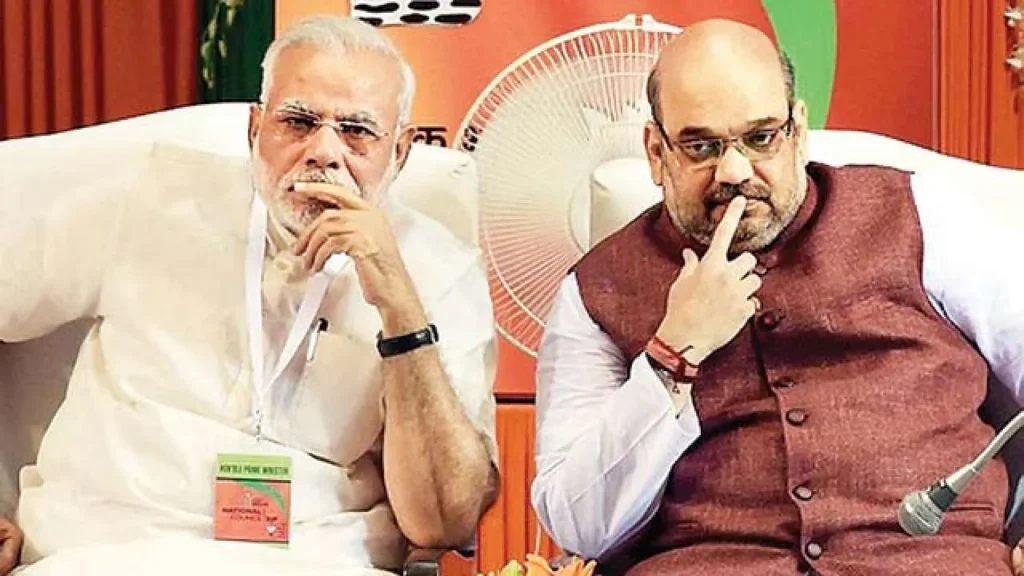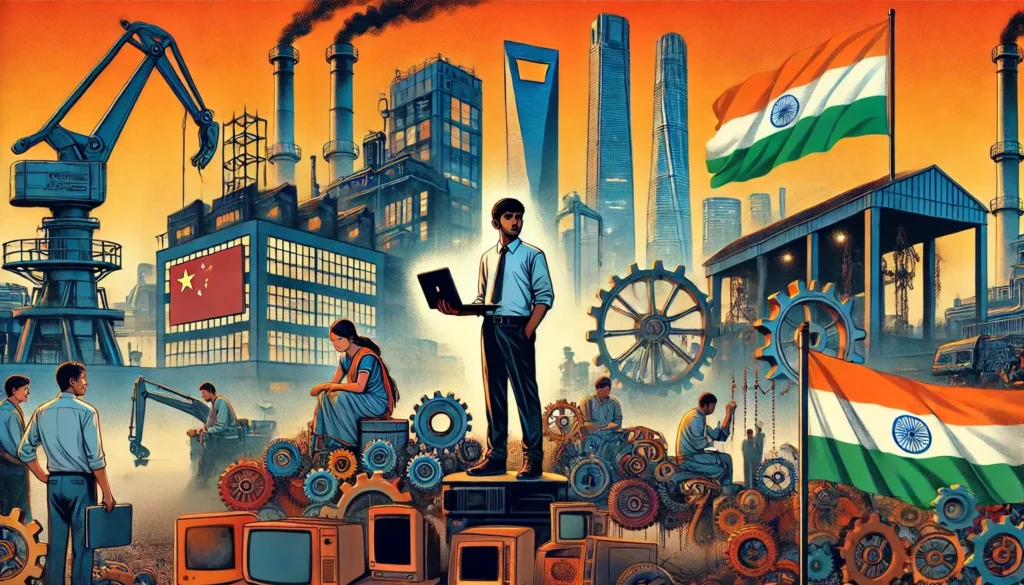As the ancient Chinese philosopher, Lao Tzu once said, “Silence is a source of great strength.” But in the political realm, silence can often be a symbol of weakness, neglect, and callousness. A stark example of this is the disturbing ethnic clash that erupted on May 3, 2023, in Manipur, a state tucked away in the north-eastern corner of India, between two of its tribes — the Meitei and the Kukis.
The Narendra Modi-led government, a regime that ascended to power on the promises of ‘acche din’ (better days) and good governance, seems to have displayed an unexpected apathy towards this horrendous event. Their pledge to surpass their predecessor, the Congress Party, in terms of responsibility and efficiency, appears to have been conveniently shoved into the back burner, while their eyes were fixated on the Karnataka elections.
The magnitude of the calamity in Manipur is staggering, with the death toll exceeding 115 and around 40,000 people forced to abandon their homes in the face of the unrestrained violence. Yet, the high corridors of power in Delhi have chosen to turn a blind eye to this humanitarian crisis.
The silence of Prime Minister Narendra Modi and Home Minister Amit Shah on the Manipur catastrophe is not just conspicuous, but also distressing. Both have made no public condemnations of the violence, nor sent any reassuring messages to the distraught citizens of Manipur. It gives an impression that the lives and concerns of those living in this distant region of the country don’t seem to matter to the Indian government.
The Home Minister’s visit to the state, a month after the conflict began, feels like a case of too little, too late, further reinforcing the impression of an indifferent central government. And Prime Minister Modi’s conspicuous absence from commenting or even acknowledging the crisis until today, June 15, 2023, only erodes the confidence and political capital he gained over the past 8 years.
There’s no denying that Narendra Modi’s persona is a carefully crafted masterpiece. He’s known for his aversion to impromptu press conferences and preference for orchestrated photo-ops and meticulously prepared speeches. This modus operandi, while great for maintaining a polished public image, unfortunately renders him as less of a genuine, empathetic leader and more of a robotic figurehead.
His unbroken silence on the grave situation in Manipur only amplifies these sentiments. The Prime Minister of the world’s largest democracy seems conspicuously unconcerned about a major ethnic conflict occurring within his own borders. It makes one wonder, is this the ‘acche din’ that was promised? Or is it another chapter in the long history of political apathy and neglect that has dogged the ‘Seven Sisters’ of India for far too long?
The sound of silence can sometimes be the most deafening. The cries from Manipur are loud and clear. It’s high time the Indian government lent them an ear, and more importantly, a helping hand.



